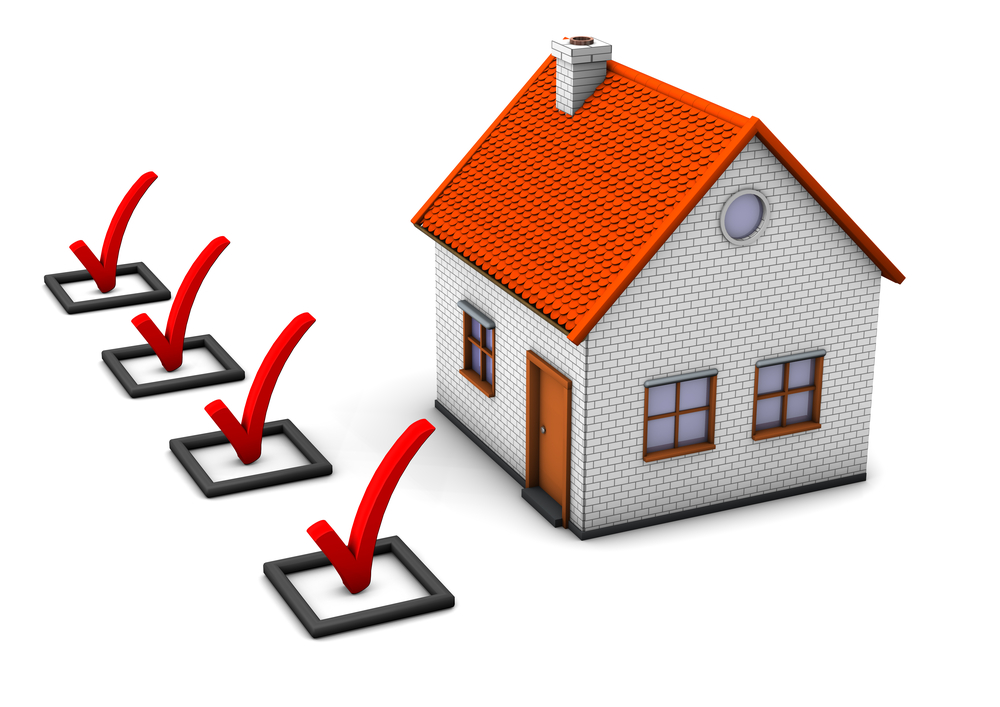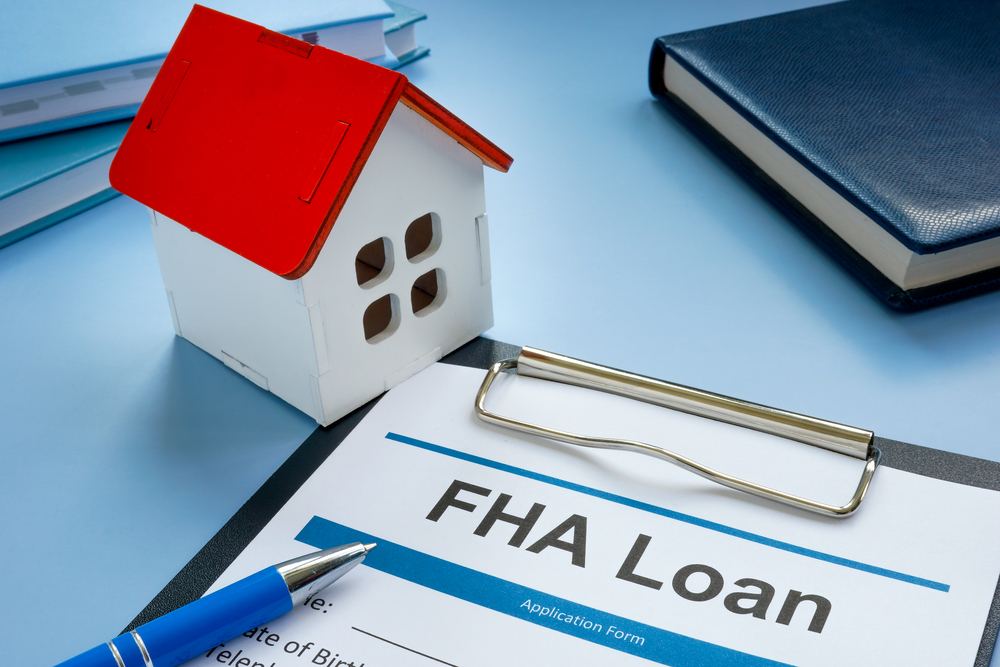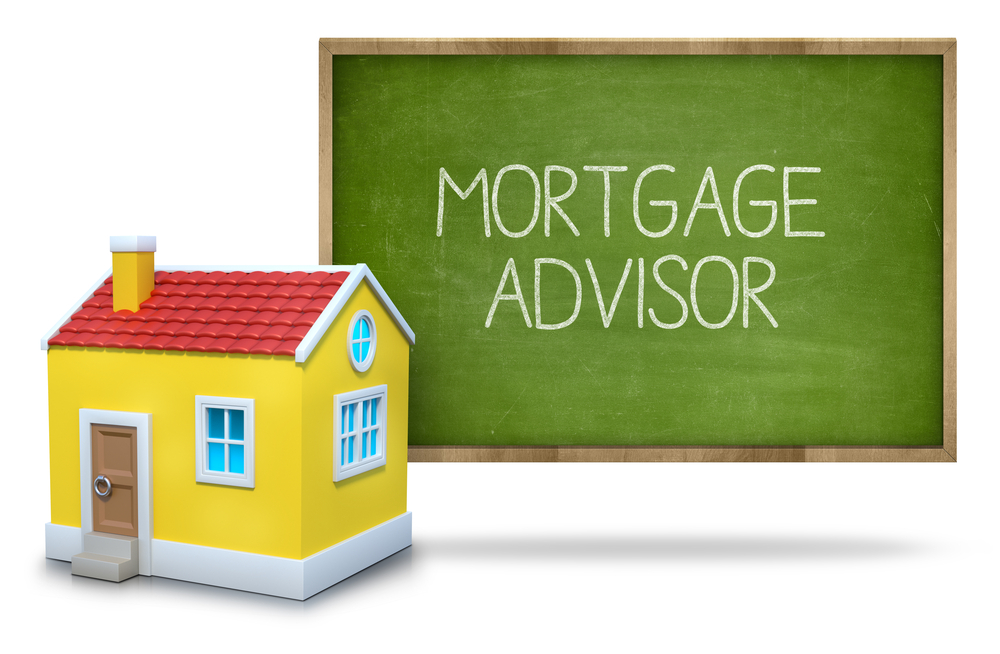Are you wondering if a VA loan can help you buy an investment property?
A VA loan is a powerful tool for veterans, offering low-interest rates and no down payment requirements.
This article will guide you through the possibilities of using a VA loan for investment properties, making the process easier to understand.
Let’s get started.
Key Takeaways
- VA loans are specifically for veterans, active military members, and some spouses, offering great benefits like no down payment and lower interest rates. However, they’re mainly for buying a primary residence.
- You can’t directly use a VA loan to buy an investment property to rent out right away. But you can buy a multi-family home with up to four units, live in one unit, and rent the others.
- To use your VA loan for something that feels like an investment property, first make sure you meet all eligibility requirements. This includes service time and getting documents like your Certificate of Eligibility.
- After living in your house for a year obtained through a VA loan, you have the option to rent it out. This way, you can generate rental income while potentially using another VA loan for a new primary residence.
- Refinancing is also available with options like the Interest Rate Reduction Refinance Loan (IRRRL), which helps lower your mortgage rate if conditions are right. Plus, converting from a VA loan to a conventional loan is possible under certain conditions.
What is a VA loan?
A VA loan stands out as a special mortgage option designed for veterans, active military members, and certain military spouses. This program comes directly from the U.S. Department of Veterans Affairs.
It offers incredible benefits like no down payment, lower interest rates, and no private mortgage insurance requirement. Think of it as the government’s way of saying “thank you” to those who have served our country by making homeownership more accessible and affordable.
Eligibility for a VA loan hinges on your service history or status as a spouse of someone who has served. Once eligible, you can dive into the housing market with this powerful tool in your arsenal.
Whether aiming for a single-family home or considering using a VA loan for an investment property later on, understanding how this type of financing works is your first step towards achieving your real estate goals.
What are the pros and cons of VA loans?
Now that you understand what a VA loan is, let’s dive into the pros and cons to help you decide if it’s the right choice for your homebuying journey.
| Pros of VA Loans | Cons of VA Loans |
| No down payment required | Funding fee required (can be rolled into the loan) |
| Competitive interest rates | Limited to primary residence use initially |
| No private mortgage insurance (PMI) needed | May have higher overall borrowing costs |
| Easier qualification criteria than conventional loans | Property must meet VA standards |
| Assistance from VA with payment difficulties | Not all properties qualify |
Can you use a VA loan for an investment property?
Using a VA loan for an investment property directly is not possible. The VA loan program requires that you live in the home as your primary residence. This means you can’t buy a property solely as an investment to rent out completely from the start.
However, there are creative ways to work within these rules and still make your investment dreams come true.
You might consider purchasing a multi-family home with up to four units using a VA loan, where one unit serves as your primary residence while renting out the others. This strategy allows you to invest in real estate and comply with the VA’s occupancy requirements.
Additionally, if your situation changes and you move, you may be able to rent out your original primary residence after living there for a certain period.
How to use a VA loan for an investment property
First, check if you meet the eligibility requirements. Then, consider renting out extra space in your single-family home or buying a multi-family home using VA entitlements. Finally, after living in your new home for a year, you can rent it out to generate income.
Determine whether you meet eligibility requirements
To use a VA loan for an investment property, you must first meet the eligibility requirements. These include serving in the military or being a veteran, as well as meeting specific service length and character of service requirements.
Additionally, if you are still on active duty, you may be eligible after 90 consecutive days of service during wartime or 181 days during peacetime. Moreover, National Guard and Reserve members need six years of satisfactory service to qualify.
Furthermore, remarried spouses of veterans who died while in service or from a service-connected disability may also be eligible.
After determining your eligibility for a VA loan, it’s crucial to gather the necessary documentation such as your Certificate of Eligibility (COE), which verifies your eligibility with the Department of Veterans Affairs.
Rent out extra space in your single-family home
To rent out the extra space in your single-family home, consider converting a basement or attic into a separate rental unit. Ensure it meets local housing codes and zoning regulations.
Create a separate entrance, kitchenette, and bathroom to make it an independent living space for potential tenants.
Look into adding amenities like off-street parking and laundry facilities to attract renters. Calculate fair rental rates based on similar properties in your area to ensure you’re offering competitive prices.
Buy a multi-family home
If you have outgrown your single-family home or are considering investing in a larger property, buying a multi-family home with a VA loan could be an excellent option for you.
With the flexibility of VA loans, you can use this financing to purchase properties with up to four units, such as duplexes, triplexes, or quadplexes.
Buying a multi-family property not only provides you with the potential for rental income from other units but also allows you to live in one unit while renting out the others to help cover mortgage costs.
You can take advantage of the benefits of homeownership and real estate investment simultaneously by purchasing a multi-family home with a VA loan. This strategy may offer financial advantages that single-family homes cannot provide and is worth considering as part of your long-term wealth-building plan.
Buy a new home with VA entitlements
To expand your real estate portfolio, you can leverage your VA entitlement to purchase a new home. By utilizing this benefit, you can secure financing for a primary residence with favorable terms.
With a VA loan, you may be able to avoid a down payment requirement and private mortgage insurance, making it an attractive option for buying a new home. This allows you to save money while investing in another property — potentially generating rental income or long-term equity growth.
After considering the potential benefits of using your VA loan entitlement for purchasing a new home, explore how this option aligns with your investment strategy and financial goals.
Rent your home after a year
Once you’ve lived in your home for a year, you can rent it out as an investment property. This can be a lucrative option if you’re eligible to use your VA loan entitlements again on a new primary residence.
Renting out your home after the first year can provide you with additional income while allowing you to invest in another property using your VA benefits.
VA loan for investment property: FAQs
Thinking about securing a VA loan for an investment property? Here are some of the most common questions we’re hearing on this topic.
What is a VA Interest Rate Reduction Refinance Loan?
A VA Interest Rate Reduction Refinance Loan, or IRRRL, is a type of refinancing option available to veterans and those currently serving in the military. It allows you to refinance an existing VA loan into a new one with a lower interest rate.
The main advantage of an IRRRL is that it typically doesn’t require additional underwriting or an appraisal, making the process faster and less paperwork-intensive.
By using an IRRRL, eligible individuals can reduce their monthly mortgage payments by obtaining a lower interest rate on their current VA loan. This option can be particularly beneficial when market interest rates have decreased since the initial financing was secured.
If you’re considering refinancing your existing VA loan to take advantage of reduced interest rates and potentially save money over time, an IRRRL may be worth exploring.
Can I refinance my VA loan to a conventional loan?
Yes, you can refinance your VA loan to a conventional loan. This process is known as a VA Interest Rate Reduction Refinance Loan (IRRRL), which allows you to refinance an existing VA loan into a new conventional mortgage.
By doing this, you may be able to secure a lower interest rate or switch from an adjustable-rate mortgage to a fixed-rate mortgage, potentially saving money over time.
To qualify for this type of refinance, you must meet certain eligibility requirements, including having a current VA loan and using the IRRRL to refinance that existing VA loan. Additionally, the new conventional loan must be for the same property that was originally financed with the VA loan.
What are the qualifications for VA loan eligibility?
To qualify for a VA loan, you must meet the service requirements. You need to have served on active duty in the Army, Navy, Air Force, Marine Corps, or Coast Guard. Additionally, members of the National Guard and Reserves are eligible after serving for six years.
Spouses of service members who died in the line of duty or due to a service-related disability may also qualify for VA loans. Meeting these criteria is essential when considering a VA loan for an investment property.
Once you understand the qualifications for VA loan eligibility, consider other factors before applying.
Should you apply for a VA loan for an investment property?
When considering whether to apply for a VA loan for an investment property, it’s crucial to weigh the benefits and limitations. Keep in mind that while using a VA loan may have advantages such as no down payment requirement and competitive interest rates, there are also restrictions on the types of properties you can purchase.
It’s essential to understand the guidelines set by the Department of Veterans Affairs (VA) with regards to using a VA loan for an investment property. Always consult with a knowledgeable professional who can provide guidance tailored to your specific situation before making any decisions.
VA loan for an investment property: More FAQs
1. Can I use a VA loan to buy an investment property?
You can use a VA loan to buy an investment property as long as it’s your primary residence for at least one year.
2. What if I live in the house first and then rent it out?
If you live in the house as your primary residence first, you may later rent it out while still using the VA loan.
3. Can I buy a multi-family property with a VA loan?
Yes, you can buy up to a four-unit property with a VA loan if you live in one of the units as your primary residence.
4. Are there any exceptions that allow me to use a VA loan for an investment property?
There are no exceptions; the home purchased with a VA loan must be used as your primary residence.
5. What happens if I don’t follow the rules about using my VA loan for my primary residence?
Not following the residency requirement could lead to issues with your lender or even legal consequences. To increase the chances you make the right decision, consult with a mortgage expert who can walk you through your options.
Disclaimer:
The content provided on this website is offered for educational purposes only. While we endeavor to provide accurate and up-to-date information, we make no representations or warranties of any kind, express or implied, about the completeness, accuracy, reliability, suitability, or availability of the content for any purpose. Visitors are advised to consult with qualified experts before making any financial decisions or taking any actions based on the information provided on this website.








